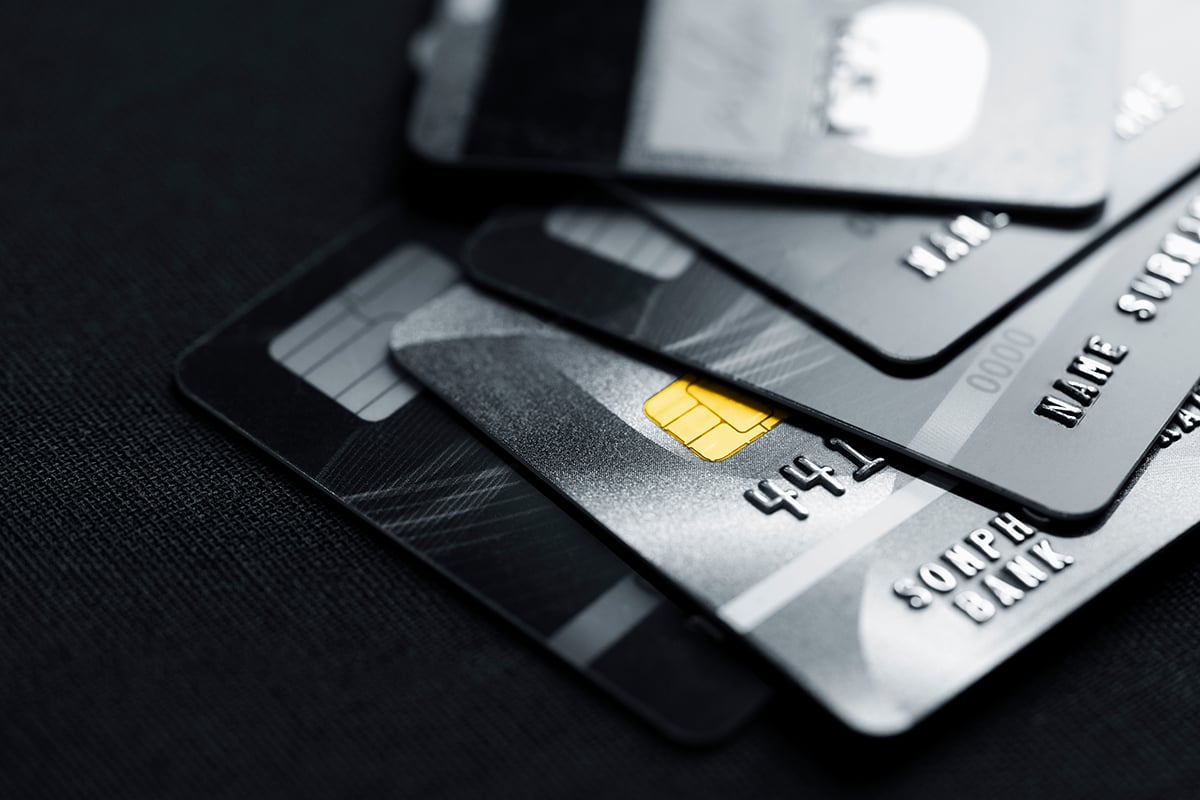Credit cards often provide attractive perks like rewards points, cash back, and enticing sign-up bonuses. However, opening a new card at an inopportune time can create financial strain and impact your long-term financial stability. Knowing when to pause on adding a new credit card is key to managing your finances responsibly.
Here are three clear indicators that it’s best to hold off on applying for a new credit card.
1. Existing Credit Card Debt Is Holding You Back
Carrying a balance on your current credit cards should be a red flag when considering a new card. Credit card interest rates are some of the highest, with an average rate of 22.76%, according to the Federal Reserve. For example, a $10,000 balance could accrue over $2,200 in interest charges annually, making it harder to eliminate your debt.
Opening another credit card could increase your available credit and tempt you to spend more, deepening your financial hole. While the allure of more rewards or bonuses is tempting, it’s not worth the risk when you’re already managing high-interest debt.
One alternative to consider is a balance transfer card, which may offer a 0% APR introductory period on transferred balances. This can help you save on interest while paying down existing debt, but it’s crucial to pay off the balance before the promotional rate expires to avoid hefty interest charges later.
2. You’re Planning a Major Loan Application
If you’re gearing up to apply for a substantial loan, such as a mortgage or car loan, it’s advisable to delay any new credit card applications. Your credit score plays a pivotal role in determining the interest rates and terms for large loans, and even a small dip in your score could increase your borrowing costs.
Whenever you apply for a credit card, the lender performs a hard inquiry, which slightly reduces your credit score. Although the drop is generally minor, it may impact your chances of securing the best loan terms. Experts suggest waiting at least six months to a year after applying for a credit card before moving forward with a significant loan. This gap gives your score time to rebound, improving your prospects for better rates and terms.
3. You’ve Been Missing Payments
Missed payments on your current credit cards can be a sign that it’s not the right time to open another account. Late payments not only lead to late fees but also hurt your credit score. A single late payment reported after 30 days can drop your score by over 100 points, making it more challenging to qualify for future credit cards or loans.
Before considering a new card, focus on addressing missed payments and building better payment habits. More cards mean more due dates, increasing the risk of missing a payment. Ensuring your current accounts are in good standing with on-time payments should be your priority before adding another card to the mix. Setting up automatic payments or reminders can help prevent future missed payments and improve your overall financial health.
Be Smart About When You Apply
Though credit cards offer great benefits, timing your application wisely is essential for your financial well-being. If you’re already in credit card debt, planning to apply for a loan, or dealing with missed payments, waiting to open a new card could save you from further financial challenges. By improving your current situation first, you’ll be in a much better position to benefit from the rewards and perks a new card can offer in the future.







